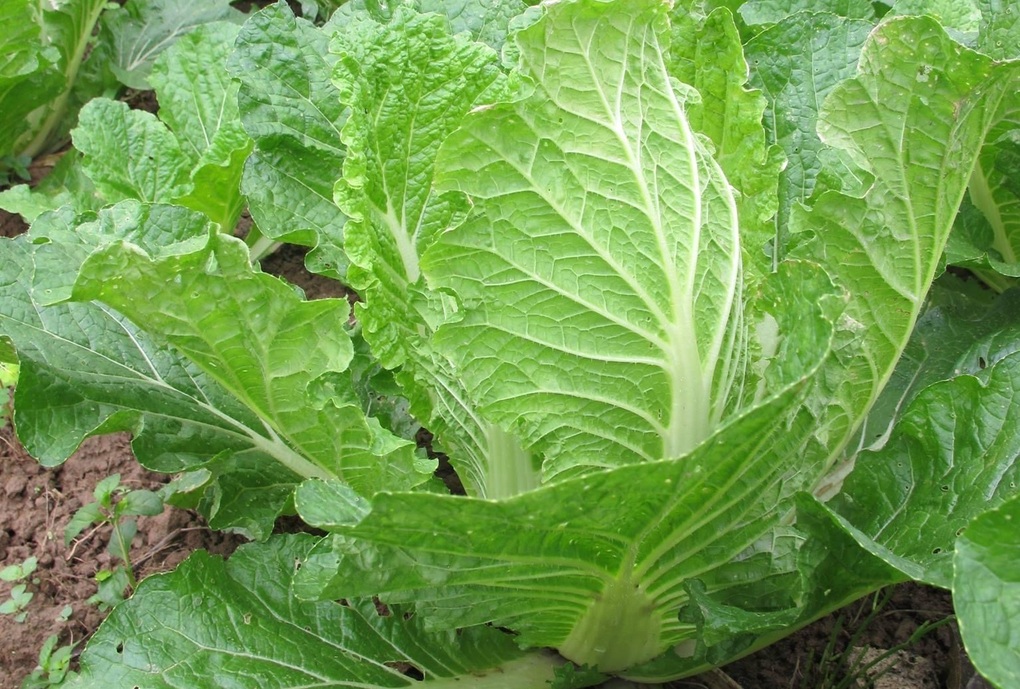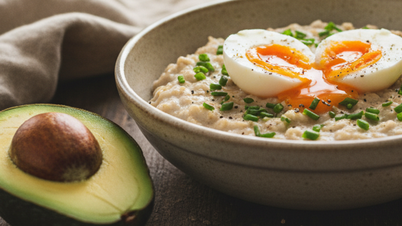Liver health is vital to overall health, as it performs more than 500 essential functions, including detoxification, nutrient processing, and bile production for digestion. However, liver diseases are on the rise, affecting millions of people worldwide.
Diet can directly affect the liver. If you regularly eat fatty foods, processed foods, foods containing many chemicals, spoiled foods, etc., it can put a lot of pressure on the liver. When the liver is "overloaded", toxins can accumulate in the liver and lead to disease.
To promote liver detoxification and body cleansing, you should drink 1.5 to 2 liters of water per day. In particular, you should limit alcohol consumption because these drinks are the main cause of liver disease.
Fast food is often high in fat and carbohydrates, which can easily lead to overweight, obesity and metabolic diseases such as diabetes. Therefore, to avoid liver disease, you should avoid eating a lot of fast food.
Dr. Joseph Salhab, a Florida-based gastroenterologist, shares a list of vegetables that are good for the liver. Backed by scientific research, these vegetables can improve liver function and may help reduce the risk of liver-related diseases, such as non-alcoholic fatty liver disease and liver cancer.
“I recommend these vegetables to all my liver patients. I make it a habit to try to eat these vegetables throughout the week,” he said in a video .
Beetroot

Beetroot juice is especially good for the liver (Illustration: iStock).
According to Times of India , beetroot is a powerhouse for liver health. It has protective effects that reduce liver enzymes.
A 2023 meta-analysis found that beetroot juice supplementation significantly reduced liver enzymes alanine aminotransferase (ALT) and aspartate aminotransferase (AST), key markers of liver stress, in patients with non-alcoholic fatty liver disease.
Additionally, beetroot juice is a source of nitrates and antioxidants called betalains. Animal studies have shown that beetroot juice may help reduce oxidative damage and inflammation in the liver.
However, although animal studies look promising, more research is needed to confirm the liver health benefits of beetroot juice in humans.
Cruciferous vegetables

Cruciferous vegetables are especially good for the liver (Photo: NP).
Cruciferous vegetables are known for their high fiber content and distinctive flavor. They are also rich in beneficial plant compounds. Some examples of cruciferous vegetables include broccoli, cauliflower, Brussels sprouts, cabbage, kale, etc.
Studies show that cruciferous vegetables contain several compounds that alter detoxification processes and protect the body against harmful compounds.
In a 2016 study, mice fed broccoli had fewer tumors or fatty liver disease than mice in the control group.
A 2015 randomized, placebo-controlled trial found that broccoli sprout extract significantly reduced ALT and gamma-glutamyl transpeptidase (γ-GTP) levels in men with fatty liver disease. This led to improved liver function. Broccoli’s ability to enhance detoxification enzyme activity makes it a staple in the liver patient diet.
Although human studies are limited, cruciferous vegetables appear to hold promise as a liver-healthy food.
Garlic
According to Healthline , a 2020 randomized clinical trial found that 800 mg of garlic powder for 15 weeks significantly improved fat accumulation and comorbidity risk in people with non-alcoholic fatty liver disease.
A 2019 study in China found that consuming raw garlic may also reduce the risk of liver cancer.
Onion
Onions are rich in sulfur compounds and quercetin, a powerful antioxidant. The antioxidant properties help fight oxidative stress, a major factor in liver damage.
A 2020 meta-analysis found that quercetin supplementation significantly reduced ALT levels in patients with non-alcoholic fatty liver disease. Onions are often an easy addition to many dishes. Along with flavor, they also support liver health.

Among green leafy vegetables, spinach is the most nutritious (Photo: NP).
Spinach
Green leafy vegetables are good for the liver. Spinach has been linked to a reduced risk of liver cancer. According to a 2019 meta-analysis, high consumption of green leafy vegetables, such as spinach, was associated with a 39% reduced risk of liver cancer. You can add spinach to salads, smoothies, or cooked dishes to get its protective properties against liver disease.
Source: https://dantri.com.vn/suc-khoe/muon-gan-khoe-manh-dung-bo-qua-5-loai-rau-nay-20250626201820587.htm



![[Photo] Binh Trieu 1 Bridge has been completed, raised by 1.1m, and will open to traffic at the end of November.](https://vphoto.vietnam.vn/thumb/1200x675/vietnam/resource/IMAGE/2025/10/2/a6549e2a3b5848a1ba76a1ded6141fae)












![[Video] Ministry of Health issues document to rectify medical examination and treatment work](https://vphoto.vietnam.vn/thumb/402x226/vietnam/resource/IMAGE/2025/10/2/54913f30a9934e18bcbb246c2c85f11d)

















































































Comment (0)